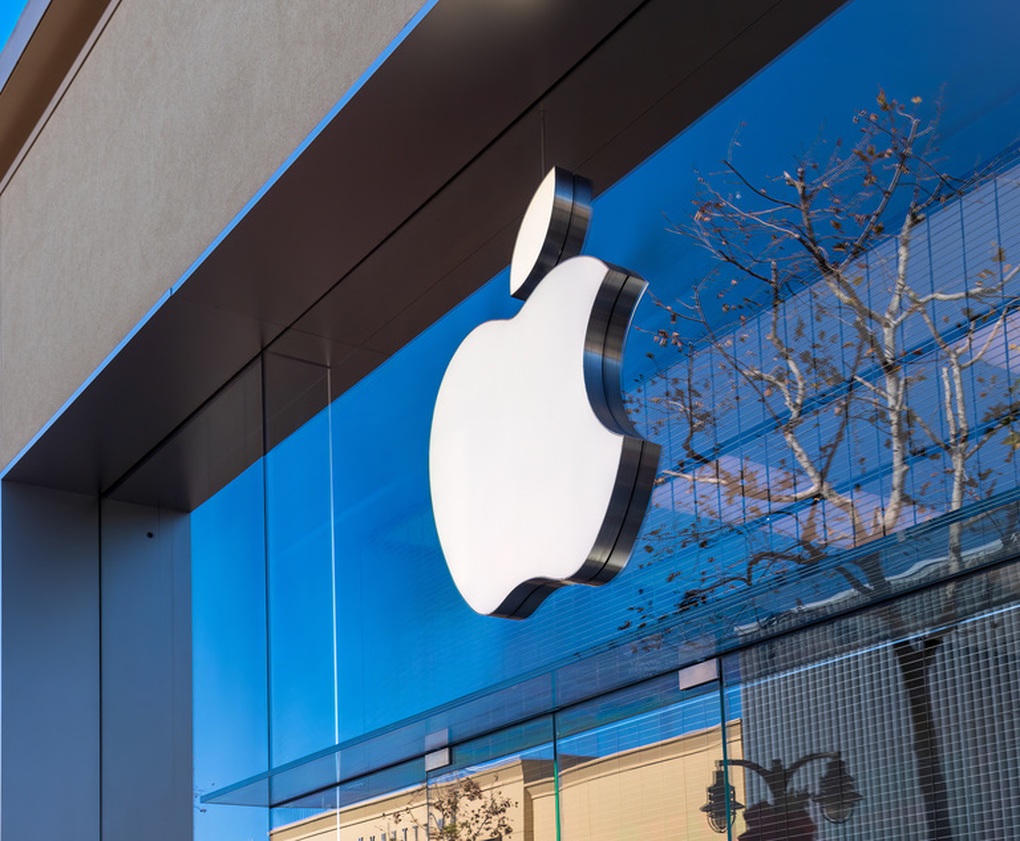
American users will suffer a lot of damage if iPhones are produced in this country (Photo: ST).
President Donald Trump's effort faces a myriad of challenges, from seemingly simple screws to massive legal and economic hurdles.
Tariff bait and the dream of American jobs
President Donald Trump recently said he would impose a tax of up to 25% on iPhones and other smartphones if they are not made in the United States.
His goal is clear: Bring high-tech manufacturing jobs back home.
"Otherwise it wouldn't be fair. I spoke to CEO Tim Cook and he said he wouldn't do this. Tim said Apple came to India to build a factory. I said it's fine to come to India but you're not going to sell products into the United States without tariffs."
The idea of bringing millions of iPhone assembly jobs back to the US, including “turning tiny screws”, was initially described by US Commerce Secretary Howard Lutnick as automating, creating jobs for highly skilled mechanics and electricians.
However, after talking with Tim Cook, Mr. Lutnick himself had to admit a harsh truth: Current robotic technology is still "not available" to achieve the scale and precision needed to assemble iPhones in this country.
The quickest way for the Trump administration to pressure Apple through tariffs is to use the same legal mechanism it uses to impose duties on many imports, lawyers and trade professors say.
This is called the International Emergency Economic Powers Act, which allows the president to take economic action after declaring an emergency that poses an unusual and extraordinary threat to the United States.
"There is no clear legal authority to impose a tax on a single company," said Sally Stewart Laing, a US multinational law firm. "Furthermore, targeting Apple alone could give other major phone companies a competitive advantage and ironically undermine President Trump's goals."
Professor Tim Meyer from Duke University commented that if the Trump administration wins a similar case being considered by the International Trade Court, the president will have no difficulty in citing an urgent reason to impose tariffs on Apple's imported iPhone products.
Will the iPhone cost $3,500?
Even if technological and legal barriers are overcome, the economic "wall" remains looming.
Wedbush analyst Dan Ives estimates that moving all iPhone production to the US could take up to a decade and push the price of each iPhone to an unimaginable $3,500, compared to about $1,200 for the current top-end model.
“We believe the idea of Apple manufacturing iPhones in the United States is an unrealistic fairy tale,” Mr. Ives commented frankly.
Sharing the same view, Economics Professor Brett House (Columbia University) said that tariffs will complicate the supply chain, increase financial costs for Apple and ultimately all of this is not beneficial to American consumers.
From “tiny screws” to huge manufacturing costs and legal complications, President Trump’s dream of a “Made in USA” iPhone seems far-fetched.
And if it becomes a reality through tariffs, American consumers will likely pay the heaviest price.
Source: https://dantri.com.vn/cong-nghe/iphone-san-xuat-tai-my-apple-se-gap-kho-tu-nhung-con-oc-vit-nho-xiu-20250525094535889.htm


![[Photo] President Luong Cuong receives Lao Vice President Pany Yathotou](https://vphoto.vietnam.vn/thumb/1200x675/vietnam/resource/IMAGE/2025/5/25/958c0c66375f48269e277c8e1e7f1545)


![[Photo] Festival of accompanying young workers in 2025](https://vphoto.vietnam.vn/thumb/1200x675/vietnam/resource/IMAGE/2025/5/25/7bae0f5204ca48ae833ab14d7290dbc3)

![[Photo] The coffin of former President Tran Duc Luong arrives in Quang Ngai](https://vphoto.vietnam.vn/thumb/1200x675/vietnam/resource/IMAGE/2025/5/25/1f1aca0d92ab47deae07934e749b35e6)
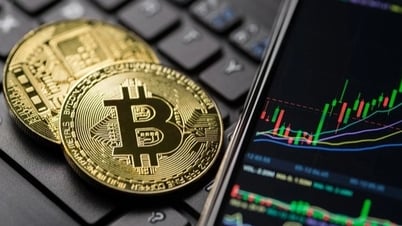





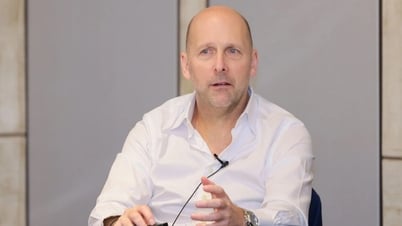









































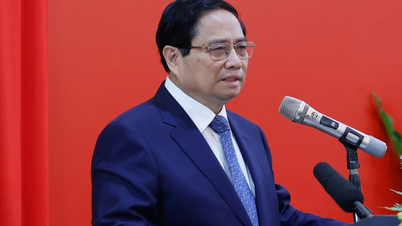

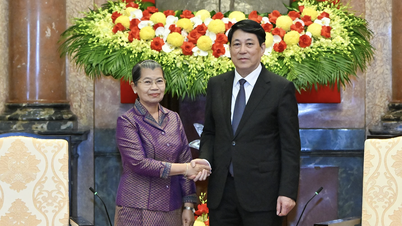
























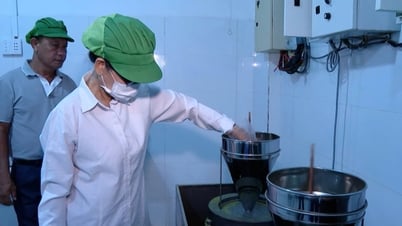




Comment (0)